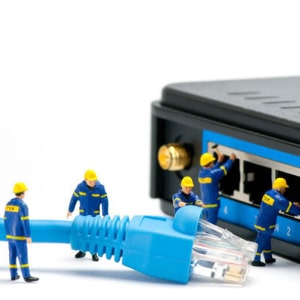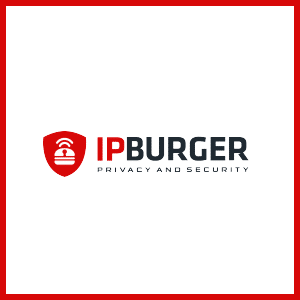The holiday festivities are already underway, and unlike most people, cybercriminals won’t take a vacation. This is just the right time to report for their various job including phishing, spam campaigns, the spread of malware, blackmail, data breaches and so on. As you will be enjoying the holiday, don’t let cybercriminals take down the holiday spirit by not having the following privacy and security tools.
A password manager
Passwords provide access to every account you have. The stronger and unique the password, the secure your account will be against brute force attacks and various data breaching techniques. But also, stronger and unique passwords pose various challenges especially when you have a lot of accounts. Some of them include creating them and storing them. This is the sole reason why you need a password manager. A password manager will help you create, store and manage various passwords. All you need to cram is the master password.
 Two Factor Authentication (2FA)
Two Factor Authentication (2FA)
For more security, you only need to protect your accounts from unauthorized access. This is possible by 2FA. 2FA can be likened as a second password. That’s is, when you log into your account, you must confirm your identity. The most common 2FA method is via OTP text messages. Using this method, when you log into your account, you must enter another passcode that will be sent to your phone for you to proceed to log into your account. So, if anybody has your password, he/she can’t proceed to your account without the OTP, unless they have your phone. Also, 2FA acts as another security mechanism as you will be notified of unauthorized access if someone tries to log into your account. You will then change your password. 2FA is a second security layer.
 A security/privacy router
A security/privacy router
Most routers can efficiently perform their functions of forwarding data packets/internet to various connected devices. But when it’s about security and privacy matters, you need a router that does an extra work besides forwarding packets. These security focused routers take care of your privacy by providing inbuilt functions and modes. For instance, a good router should have the ability to create a Guest Mode Wi-Fi hotspot – for visitors and colleagues to use when they are around. This mode eliminates the security risk of having to share your Wi-Fi password now and then.
Also, a privacy router should have inbuilt security mechanisms such as Firewalls, malware blockers and have frequent updates.
Privacy-focused browsers
Browsers provide a way in which you can surf the internet easily. This also means they open various gateways in which you can get malware into your devices. Also, browsers provide a way in which agencies can track our online behavior and use the data collected for what they deem best – mostly for intrusive and retargeting ads.
Privacy-focused browsers provide tracking protection, they don’t store cookies, they delete your browsing history, and more importantly, they ensure your connection is safe. To use the web securely, try the Tor browser.
Device encryption
Besides passwords, ensure you have turned on-device encryption. Most devices have this feature, and it ensures no one can get access to your information if you lose your device.
 IPBurger VPN
IPBurger VPN
A reputable VPN such as IPBurger VPN is the ultimate security and privacy tool for protecting your online activities. A VPN encrypts your online traffic, and this makes sure no prying eyes can get access to your online traffic. This means you can use the VPN when traveling, and even on public Wi-Fi hotspots without worries. IPBurger also tunnels your traffic to a chosen server, and this helps you gain access to various restricted content without hassle.
 Two Factor Authentication (2FA)
Two Factor Authentication (2FA) A security/privacy router
A security/privacy router IPBurger VPN
IPBurger VPN

